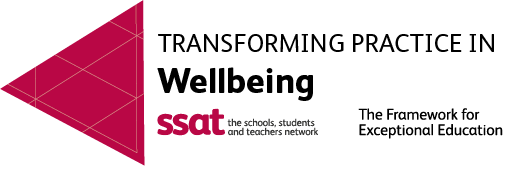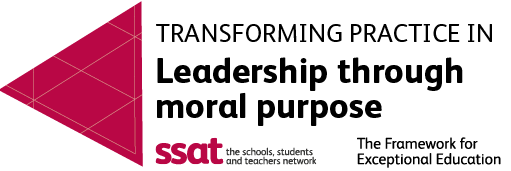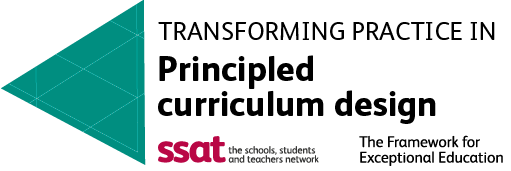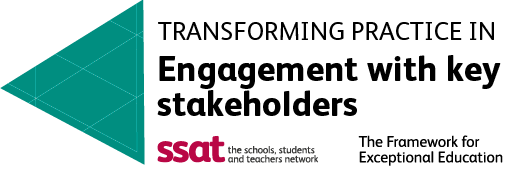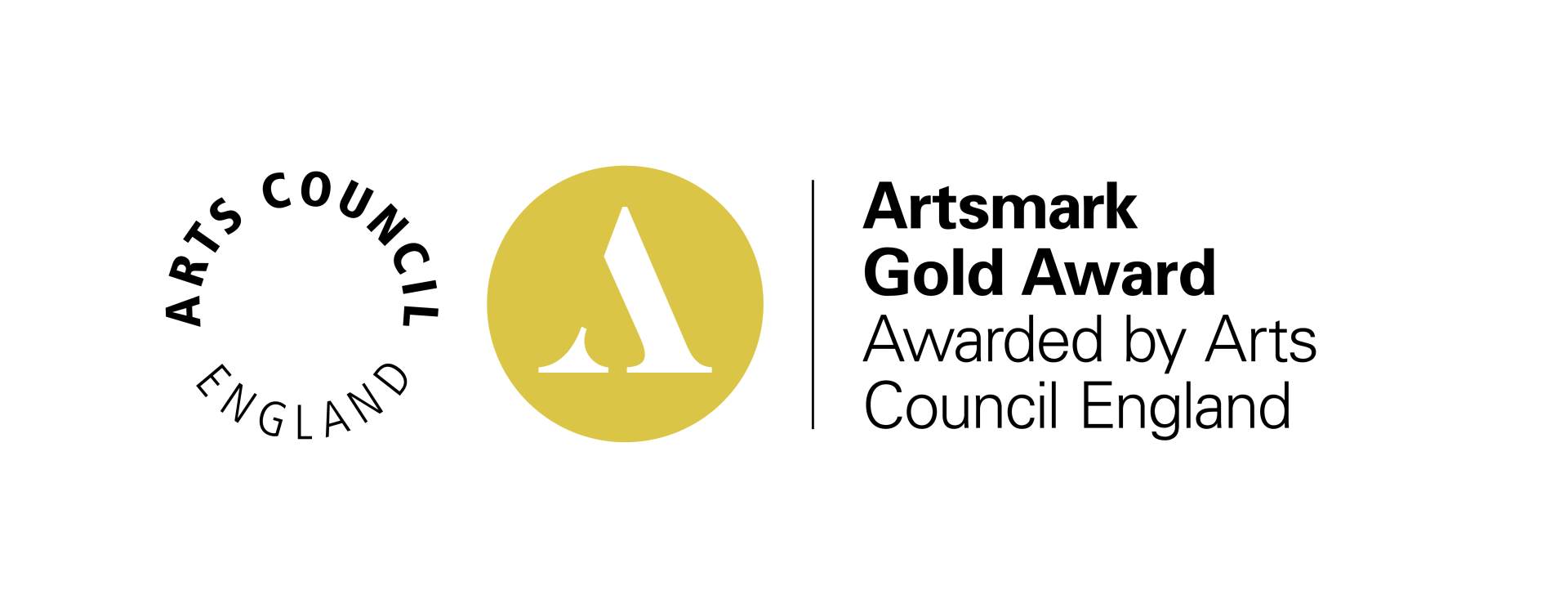Science AAQ (Applied - OCR Cambridge Advanced National Extended Certificate)
|
Course Specification |
OCR Cambridge Advanced National Extended Certificate in Applied Science |
|
Subject Specific Entry Requirements |
Core & Additional Science at Grade 4 or above. |
|
Costs Associated with this Course |
Students will be expected to purchase a revision guide (approx £10.00) |
Course offered:
Extended Certificate in Applied Science (1 x A level equivalent)
Specification code: H151
Qualification number: 610/3948/2Who is this Qualification for?
The Extended Certificate in Applied Science provides students with a theoretical knowledge and understanding of the fundamentals of science, preparing them for progression to undergraduate study. It covers core topics of biology, physics and chemistry and will equip students with relevant industry skills through researching, planning and performing a range of different laboratory investigations.
How will you be assessed?
The content of this qualification has been developed in consultation with academics to ensure that it supports progression to higher education. Employers and professional bodies have also been involved and consulted to confirm that the content is appropriate and consistent with current practice for learners planning to enter employment directly in the applied science sector.
Assessment overview
Students must complete three mandatory and two optional units to be awarded the Extended Certificate in Applied Science totalling 360 guided learning hours (GLH).
Mandatory units
| Unit | GLH |
Assessed |
| F180 Fundamentals of science | 90 |
External |
| F181 Science in society | 60 | External |
| F182 Investigating science | 90 | NEA |
Optional units
| Unit | GLH | Assessed |
| F183 Analytical techniques in chemistry | 60 | NEA |
| F184 Environmental studies | 60 | NEA |
| F185 Forensic biology | 60 | NEA |
| F186 Medical physics | 60 | NEA |
What could this qualification lead to?
The requirements of the qualification will mean that learners develop the transferable and higher skills which are valued by higher education providers and employers.
For example, when studying F182 Investigating Science, learners will develop skills including how to plan investigations, collecting, analysing, and presenting data and communicating results which support some of the skills learners need to progress to higher education, employment, self-employment or training.
The qualification carries UCAS points and is recognised by higher education providers as contributing to meeting admission requirements for many courses.



 Safeguarding
Information
Safeguarding
Information
